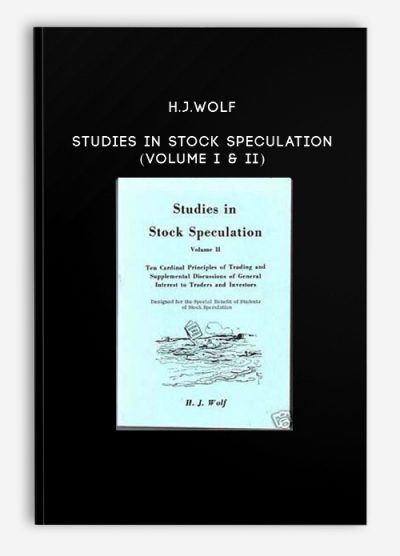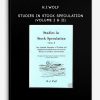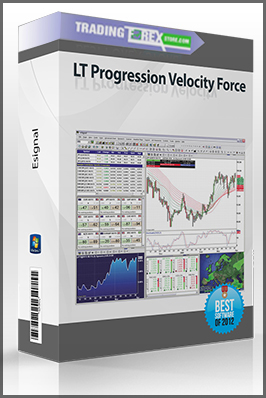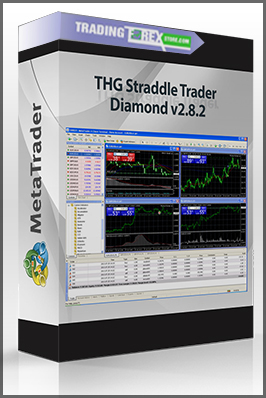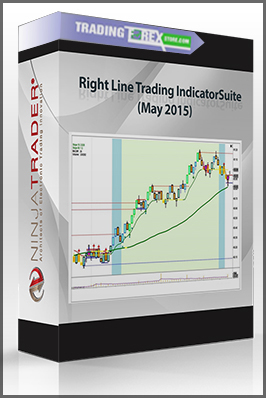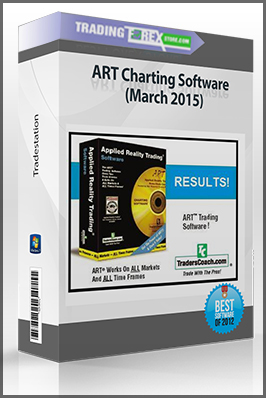H.J.Wolf – Studies in Stock Speculation (Volume I & II)
$12.00
- Description
Description
H.J.Wolf – Studies in Stock Speculation (Volume I & II)
Get H.J.Wolf – Studies in Stock Speculation (Volume I & II) on bestoftrader.com
Description:
Introduction by James L. Fraser. Originally published in 1925 by the Magazine of Wall Street, this discussion of stock speculation fits today’s investors and traders.
Ten Cardinal Principles of Trading and Supplemental Discussions of General Interest to Traders and Investors. Introduction by James L. Fraser. Originally published in 1926, particularly for those who desire to profit by the experiences of others.
Bond -Stock Trading course: Learn about Bond -Stock Trading
Bond trading definition
Bond trading is one way of making profit from fluctuations in the value of corporate or government bonds.
Many view it as an essential part of a diversified trading portfolio, alongside stocks and cash.
A bond is a financial instrument that works by allowing individuals to loan cash to institutions such as governments or companies.
The institution will pay a defined interest rate on the investment for the duration of the bond, and then give the original sum back at the end of the loan’s term.
A stock trader or equity trader or share trader is a person or company involved in trading equity securities.
Stock traders may be an agent, hedger, arbitrageur, speculator, stockbroker.
Such equity trading in large publicly traded companies may be through a stock exchange.
Stock shares in smaller public companies may be bought and sold in over-the-counter (OTC) markets.
Stock traders can trade on their own account, called proprietary trading, or through an agent authorized to buy and sell on the owner’s behalf.
Trading through an agent is usually through a stockbroker. Agents are paid a commission for performing the trade.
Major stock exchanges have market makers who help limit price variation (volatility) by buying and selling a particular company’s shares on their own behalf and also on behalf of other clients.

